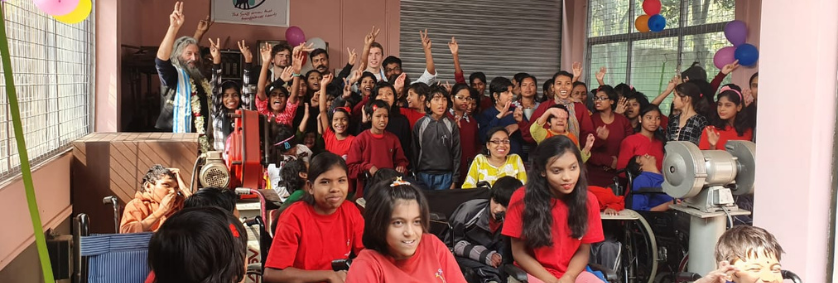What Are Major Problems That Cripples Education System In Rural India?

Education is an essential aspect of a society's progress and development. In India, the education system has made significant strides in the past few decades, but it still faces many challenges, especially in rural areas. India is predominantly an agrarian society, with about 70% of its population living in rural areas. Here, we will explore some of the major challenges that cripple the education system in rural India.
Lack of Access to Quality Education
One of the biggest challenges that the rural Indian education system faces is the lack of access to quality education. Rural areas often have a shortage of trained teachers, inadequate infrastructure, and outdated teaching methods. This results in poor quality education, which leads to lower enrollment and drop-out rates.
Poverty and Low Economic Status
Poverty is a significant challenge in rural India, and it has a direct impact on the education system. Families living in poverty often cannot afford to send their children to school, and children are forced to work in the fields or help their families with household chores. This reduces the number of children attending school, and those who do attend may struggle to concentrate due to hunger or lack of sleep.
Gender Inequality
Gender inequality is still prevalent in rural India, and this affects education. Many families prefer to educate their sons rather than their daughters, resulting in low enrollment rates for girls. Even when girls do attend school, they may face discrimination and harassment, which can result in them dropping out. This severely cripples the education system in rural India.
Lack of Infrastructure
Rural schools often lack adequate infrastructure, including proper classrooms, electricity, and clean drinking water. This makes learning difficult for students and can lead to health problems. Additionally, many rural schools in India lack libraries, computers, and other resources that are necessary for modern education system.
Limited Vocational Training
Rural India has a significant population of people engaged in agricultural activities. However, there is a lack of vocational training that is tailored to the needs of rural communities. This results in a limited pool of skilled labour in these areas and limits the potential for economic growth and development.
Therefore, the challenges that the education system faces in rural India are complex and multi-faceted. Addressing these challenges will require a comprehensive approach that includes improving infrastructure, increasing access to quality education, and addressing issues related to poverty, gender inequality, and vocational training. By taking these steps, India can create a more equitable and prosperous future for its rural population and subsequently break free from the challenges that cripples education system in rural India.
Post Your Ad Here
Comments